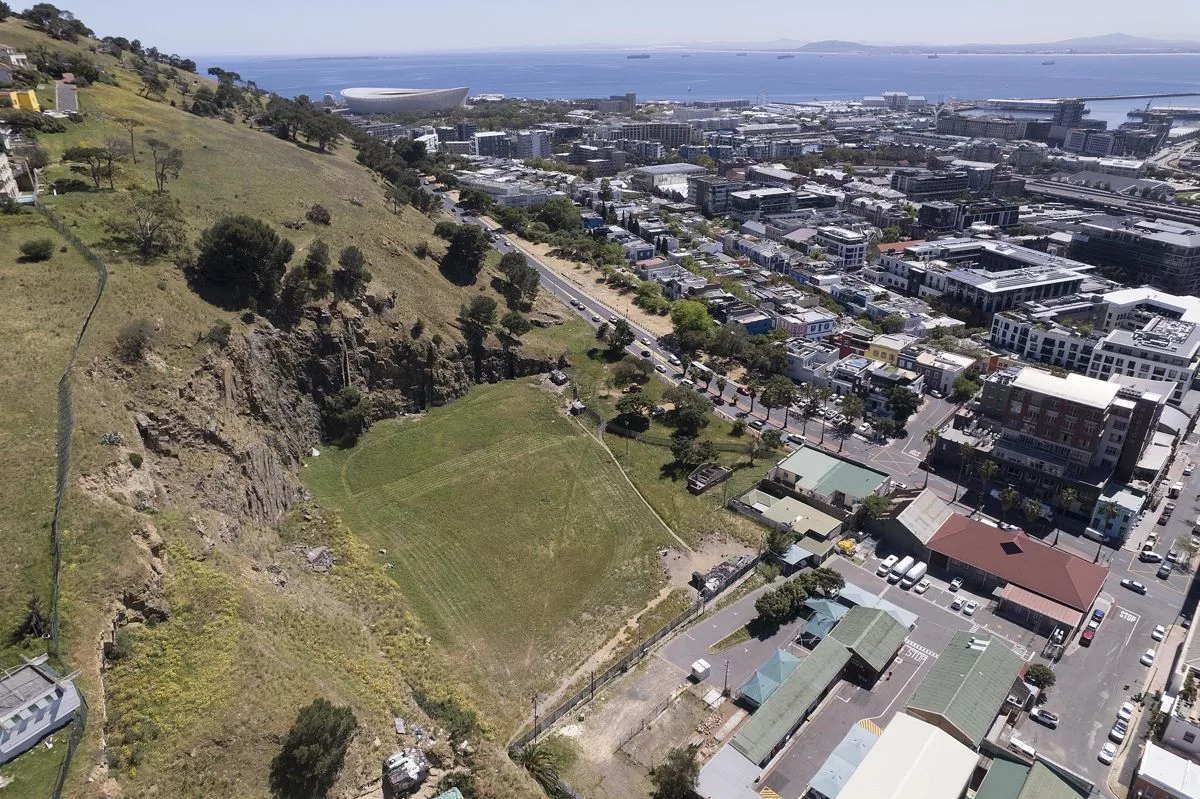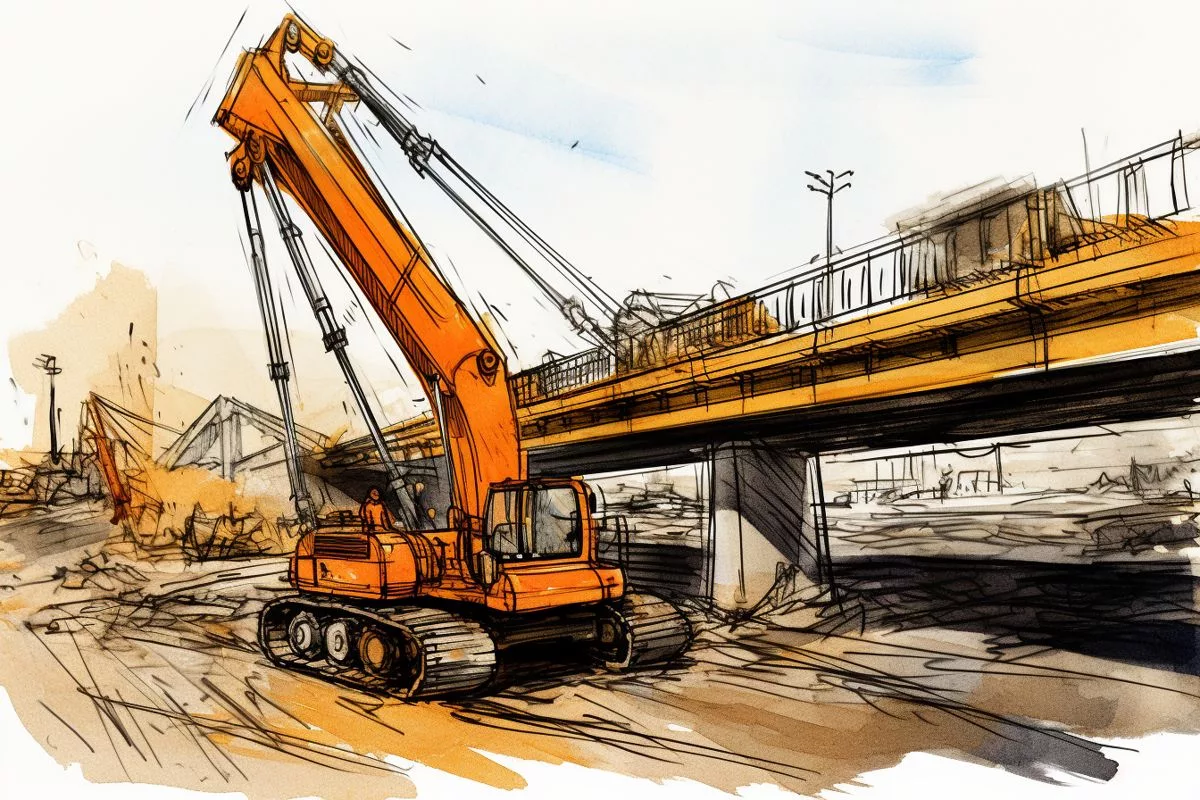The City of Cape Town plans to transform the historic Strand Street Quarry into a community hub that combines culture, tourism, economy, and sports. The design is a collaborative effort that includes input from community representatives, city professionals, and stakeholders. The proposal is mindful of the religious and cultural values of the area and invites residents to provide feedback to shape the future of their locality. The Quarry’s redevelopment promises a future of community interaction, architectural innovation, and cultural preservation, representing an exciting step towards a vibrant urban future.
What is the proposed transformation for Strand Street Quarry in Cape Town?
The City of Cape Town is planning to transform the historic Strand Street Quarry into a community hub that integrates culture, tourism, economy, and sports. The design plan is a collective endeavor involving community representatives, city professionals, and stakeholders, and is aligned with the city’s vision to intertwine history with the future. The proposed concept design is mindful of the religious and cultural values of the locality, and invites residents to explore, critique, and enhance the plan through their feedback.
A New Chapter in Urban Planning and Community Engagement
In an exceptional instance of city planning and community involvement, the City of Cape Town is on the brink of introducing an innovative concept for the revitalization of the historic Strand Street Quarry. Slated for an open day on Wednesday, 15 November 2023, the suggested design represents a hopeful fusion of culture, tourism, economy, and sports – all located within an extraordinary environment.
The Strand Street Quarry, situated on the edge of Strand Street and neighboring the respected Bo-Kaap and De Waterkant, has consistently been a significant portion of the city’s ancestry. The possible transformation into a versatile community hub bears witness to the city’s devotion to a comprehensive urban progression.
This audacious proposal aligns with the city’s vision to intertwine strands of history with the fabric of the future. Considering the quarry’s designation as a national heritage site and its closeness to Bo-Kaap, the Noon Gun, and Table Mountain National Park, the design thoughtfully includes tourism-related endeavors. Additionally, it suggests strategies to secure and celebrate the rich heritage of the surrounding communities.
A Community-Oriented Vision
The proposed vision for the quarry is a collective endeavor involving community representatives, city professionals, and stakeholders. At its essence, it’s a community-driven plan. Alderman Eddie Andrews, the City’s Deputy Mayor and Mayoral Committee Member for Spatial Planning and Environment, underscored the fundamental role of public participation in fine-tuning the design. He encouraged community members to seize the opportunity of the open day, engage with the exhibited maps and artist impressions, and contribute to the shared vision.
Alderman Andrews states that the proposed concept design is not only forward-thinking and exciting, but also mindful of the religious and cultural values of the locality. It aspires to transform the immediate area into a cherished community hub. This design approach invites residents to explore, critique, and enhance the plan through their feedback, helping shape the future of their locality.
Ensuring Holistic Development
Recognized as a pivotal development cornerstone in the 2021 Foreshore Gateway Urban Design Vision and Framework, the Strand Street Quarry presents vast potential for linking Bo-Kaap, CBD, and V&A Waterfront. The plan is in harmony with the recently approved local spatial development framework for the Bo-Kaap, Table Bay District Spatial Development Framework and Environmental Management Framework, and the City’s overarching Metropolitan Spatial Development Framework. This alignment warrants a comprehensive development approach, striking the right balance between progress and preservation.
The city looks forward to finalizing the concept design following the conclusion of the public participation process on 4 December 2023. Subsequently, the statutory processes, including a heritage impact assessment and environmental impact assessment, will kick off in 2024. This progression will provide the public with more opportunities to express their opinions and influence the project’s trajectory.
A Bright Future Ahead
The Strand Street Quarry, strategically located between Strand Street and Bo-Kaap and identified as one of the three quarries in the Bo-Kaap and part of a national heritage site, is gearing up for an exhilarating future. Its redevelopment paves the way for heightened community interaction, architectural innovation, and cultural preservation, signifying a stride towards a lively urban future.
1. What is the proposed transformation for Strand Street Quarry in Cape Town?
The City of Cape Town plans to transform the historic Strand Street Quarry into a community hub that integrates culture, tourism, economy, and sports.
2. Who is involved in the design of the proposed transformation?
The design plan is a collective endeavor involving community representatives, city professionals, and stakeholders.
3. How will the proposed design plan balance heritage and advancement?
The proposed concept design is mindful of the religious and cultural values of the locality and aims to secure and celebrate the rich heritage of the surrounding communities.
4. What is the role of public participation in fine-tuning the design?
Public participation is a fundamental part of the design process, and community members are encouraged to engage with the exhibited maps and artist impressions and contribute to the shared vision.
5. What frameworks and assessments are in place to ensure holistic development?
The plan is in harmony with the recently approved local spatial development framework for Bo-Kaap, Table Bay District Spatial Development Framework and Environmental Management Framework, and the City’s overarching Metropolitan Spatial Development Framework. The statutory processes, including a heritage impact assessment and environmental impact assessment, will kick off in 2024.
6. What is the timeline for the project?
The public participation process will conclude on 4 December 2023, and the city looks forward to finalizing the concept design. The statutory processes will begin in 2024, providing the public with more opportunities to express their opinions and influence the project’s trajectory.








